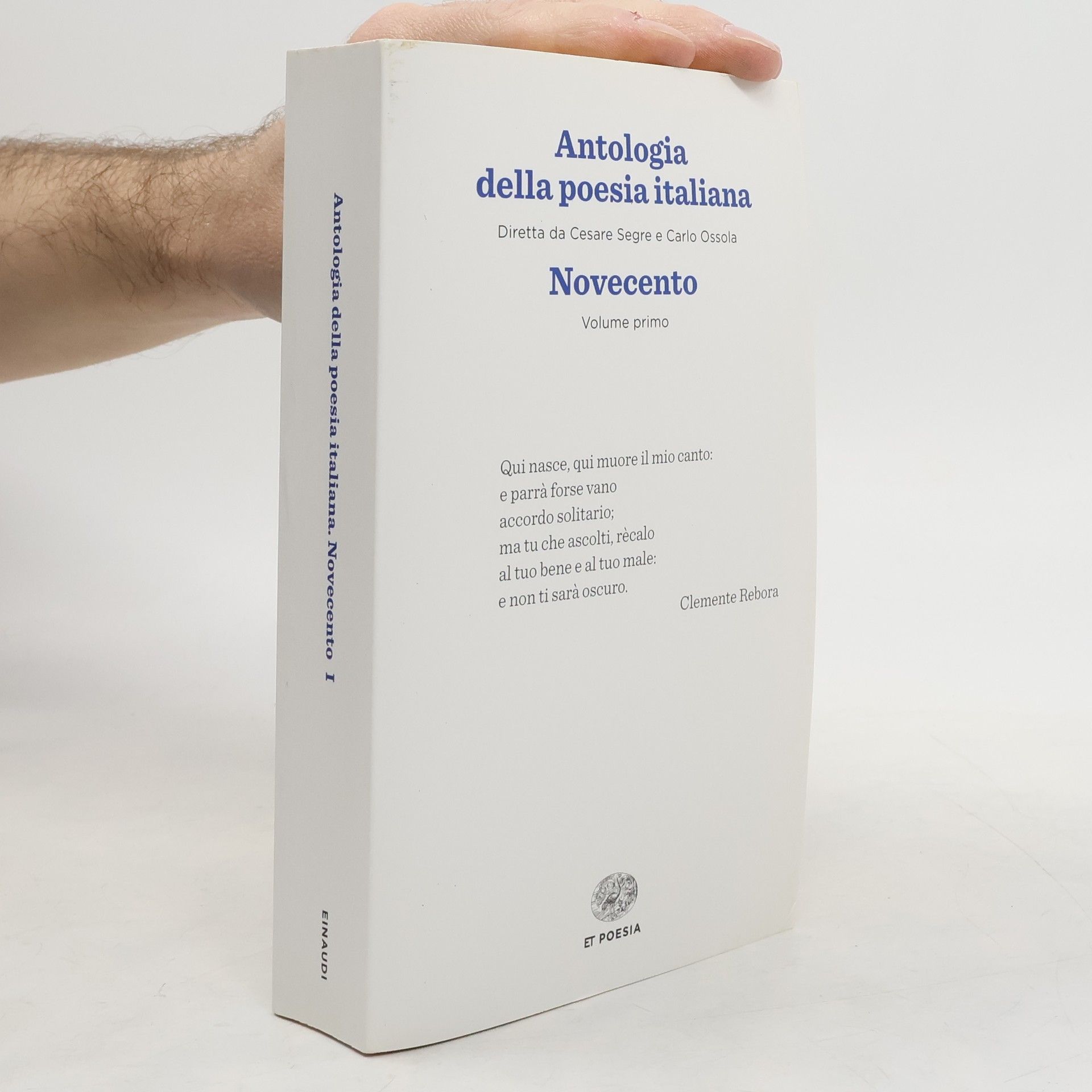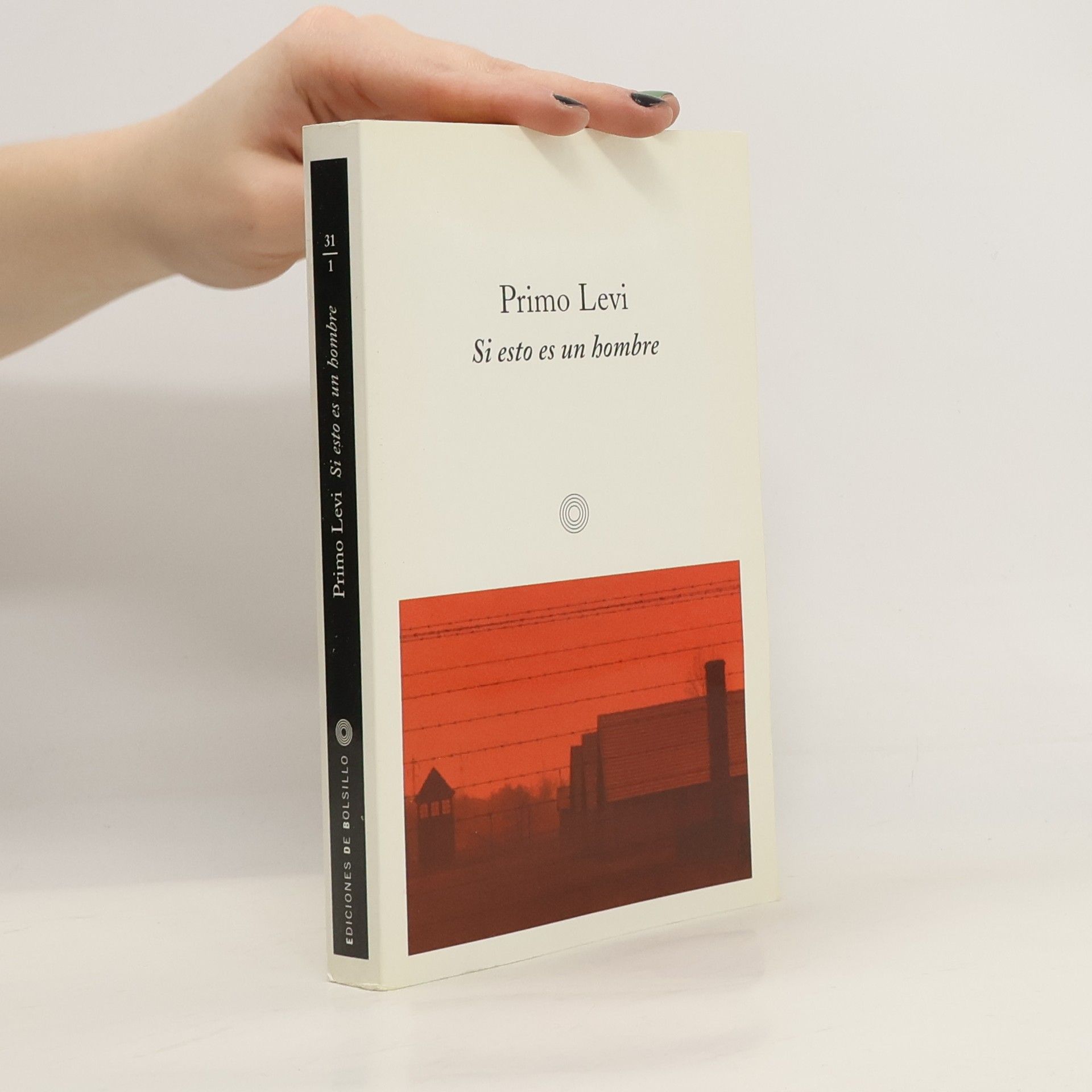Libro incluido en Biblioteca Selecta Forum de Barcelona 2004 «Algunos de mis amigos, amigos muy queridos, no hablan nunca de Auschwitz [...] Otras personas, en cambio, hablan de Auschwitz incesantemente, y yo soy una de ellas [...] después empecé a escribir a máquina por la noche... escribía todas las noches lo cual era considerado algo todavía más insensato». Primo Levi «escribe aquello que no sabría decir a nadie», y el texto, inicialmente esbozado durante el cautiverio -cuya misma conservación hacía peligrar la vida del autor de ser descubierto- plasma la existencia en los Lager con una concisión estremecedora. Estructurado en 17 capítulos, el libro es la crónica del horror cotidiano, de las privaciones como estado habitual, de la triste espera de la nada arraigada en una iniquidad sin estridencias. Más allá de las propias reflexiones, Levi presta especial atención al comportamiento de los otros prisioneros, ocupados también en sobrevivir un día más, y otro y otro. Todos conviven en una inercia dolorosa y absurda con la tentación de la inactividad como antesala de la muerte; la muerte es una presencia constante, a menudo indiferente, corolario de una cotidianidad regida por un sistema de irracionales normas no escritas. Como advierte Levi , muy pronto los prisioneros son convertidos en «peleles miserables y sórdidos», y más bajo no se podía llegar.
Cesare Segre Libros
Cesare Segre fue un filólogo, semiótico y crítico literario italiano. Dirigió el Centro de Investigación de Textos y Tradiciones Textuales en el Instituto de Estudios Avanzados de Pavía. El trabajo de Segre profundizó en el análisis de los textos literarios y su evolución, ofreciendo profundas ideas sobre su estructura y significado.






Natalia Ginzburg wrote her masterful, Strega Prize winning novel Family Lexicon while living in London in the 1960s. Homesick for her big, noisy Italian family, she summoned them in this novel, which is a celebration of the routines and rituals, in-jokes and insults and, above all, the repeated sayings that make up every family. The father, Giuseppe Levi, is a Jewish scientist, consumed by his work and a mania for hiking. Impatient and intractable, he is constantly at odds with his impressionable and wistful wife Lidia - yet he cannot be without her. Together they preside over their five children in a house filled with argument and activity, books and politics, visitors, friends and famous faces. But as their children grow up against the backdrop of Mussolini's Italy, the Levi household must become not only a home - but a stronghold against fascism. Intimate, enchanting and comedic, Family Lexicon is an unforgettable novel about memory, language, and the lasting power that family holds over all of us
Libera nos a malo
- 281 páginas
- 10 horas de lectura
Liber nos a malo è la presentazione della vita e della cultura di Malo, un paese della provincia vicentina, negli anni Venti e Trenta, ricreata, con un misto di nostalgia affettuosa, di distacco ironico, e di rigorosa intelligenza, dall'autore ormai adulto. Attraverso il microcosmo di Malo viene fissata e trasmessa compiutamente al futuro la vicenda di tutta la nostra società, nel breve periodo in cui passa da una statica e secolare civiltà contadina alle forme più avanzate della modernità, la vicenda addirittura di tutto il nostro mondo con le fratture che hanno segnato la sua precipitosa evoluzione". (Giulio Lepschy)
La canzone di Orlando
- 526 páginas
- 19 horas de lectura
Alternate cover edition ISBN:8817165166 La Canzone di Orlando o Chanson de Roland, scritta tra il 997 e il 1130, è un poema epico appartenente al ciclo carolingio. Si basa su un piccolo avvenimento reale: la battaglia di Roncisvalle, avvenuta il 15 agosto 778, quando la retroguardia di Carlo Magno, comandata da Rolando, prefetto della Marca di Bretagna e dei suoi paladini, di ritorno da una spedizione in Spagna fu attaccata e distrutta dai baschi probabilmente alleati dei saraceni. La storia si svolge in sei giorni, la durata biblica della creazione: gli spazi e i tempi sono accorciati e bruciati, ovunque affiorano gli echi dei Vangeli. Un'opera da riscoprire poiché, come osserva Cesare Segre nell'introduzione, il lettore di oggi è forse più sensibile alla sapienza speculare dei parallelismi e alla delicatezza che affiora tra le maglie dell'austera tessitura eroica.
Una buona parte del libro vuole essere un bilancio di un secolo di letteratura tra i più "lunghi" e significativi: dopo un breve diagramma etico-politico è sui fatti letterari che l'autore concentra l'attenzione. Il capitolo sul legame tra etica e letteratura è il baricentro tonale della raccolta e, a conclusione di decenni di attività critica, propone di riconoscere tra i parametri più importanti per la valutazione di un'opera letteraria quello dell'impegno morale. A più riprese Cesare Segre sottolinea due elementi che rispecchiano una sua idea di letteratura: il favore per scrittori non di professione e l'attenzione a chi affronta temi con forti risvolti morali.
Antologia della poesia italiana Novecento
- 670 páginas
- 24 horas de lectura
Tomo primo: Gozzano, i Crepuscolari, Lucini, Palazzeschi, Marinetti e il Futurismo, Rebora, Boine, Jahier, Campana, Sbarbaro, Onofri, Cardarelli, Saba, Ungaretti, Montale, Quasimodo, Penna, Pavese, Gatto, Sinisgalli, Betocchi, Bertolucci, Sereni, A. Pozzi, Caproni, Parronchi, Bigongiari. Tomo secondo: Luzi, Poesia in dialetto, Fortini, P. Levi, Pasolini, Orelli, Sinigaglia, Erba, A. Rosselli, Pagliarani, Sanguineti, Zanzotto, Giudici. Note filologiche e bio-bibliografiche, indice alfabetico degli autori, indice alfabetico delle opere, dei titoli e degli incipit.